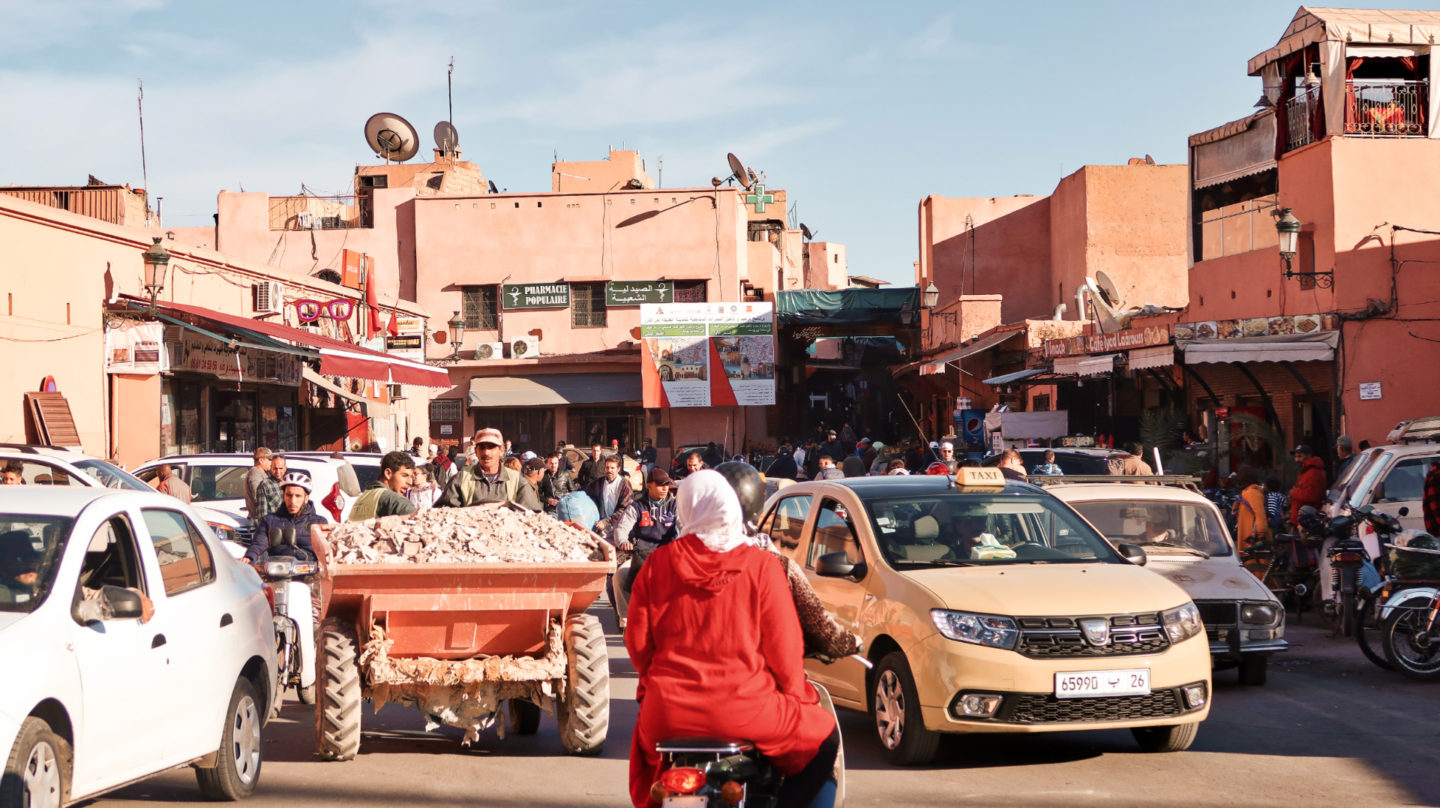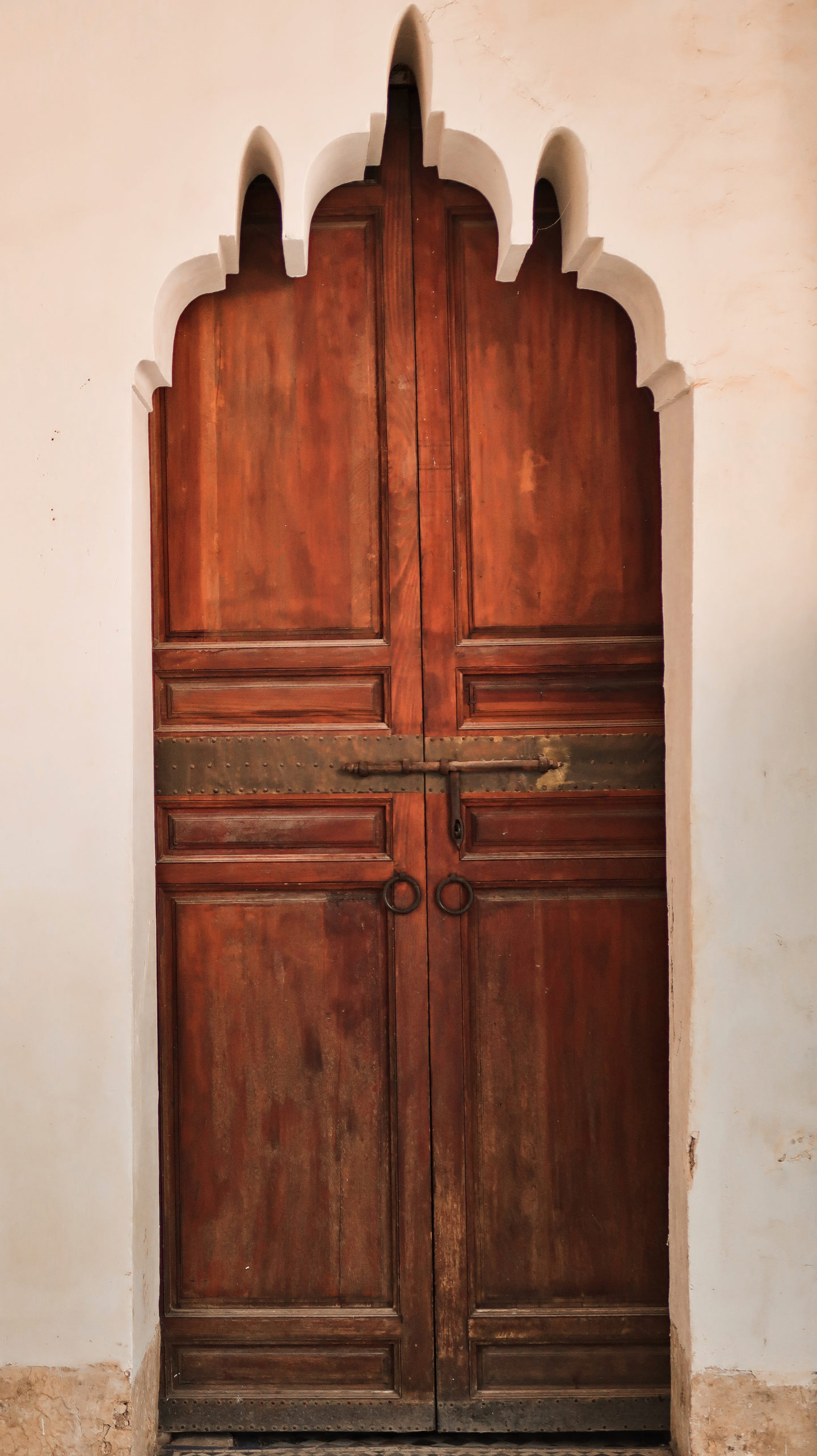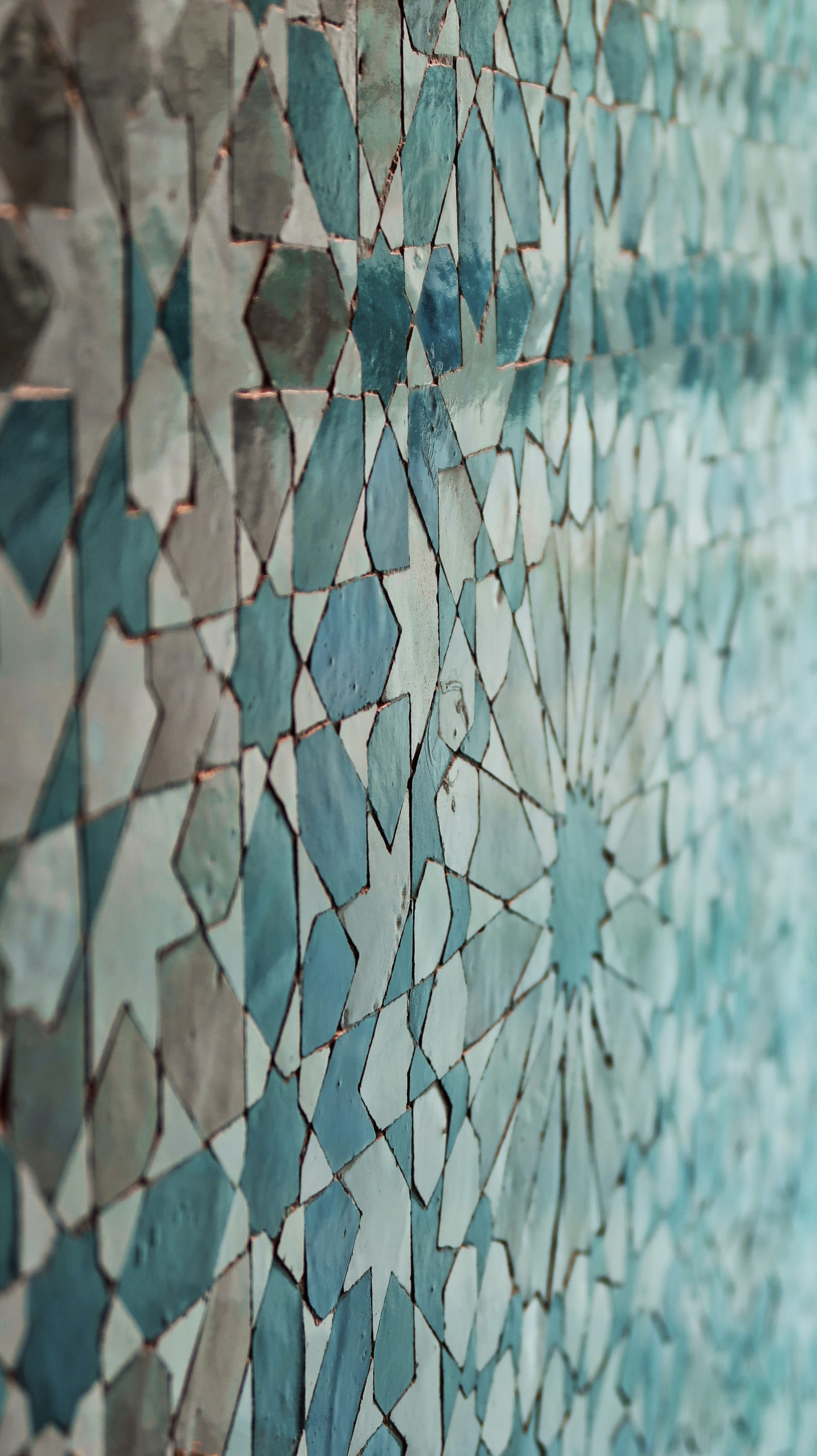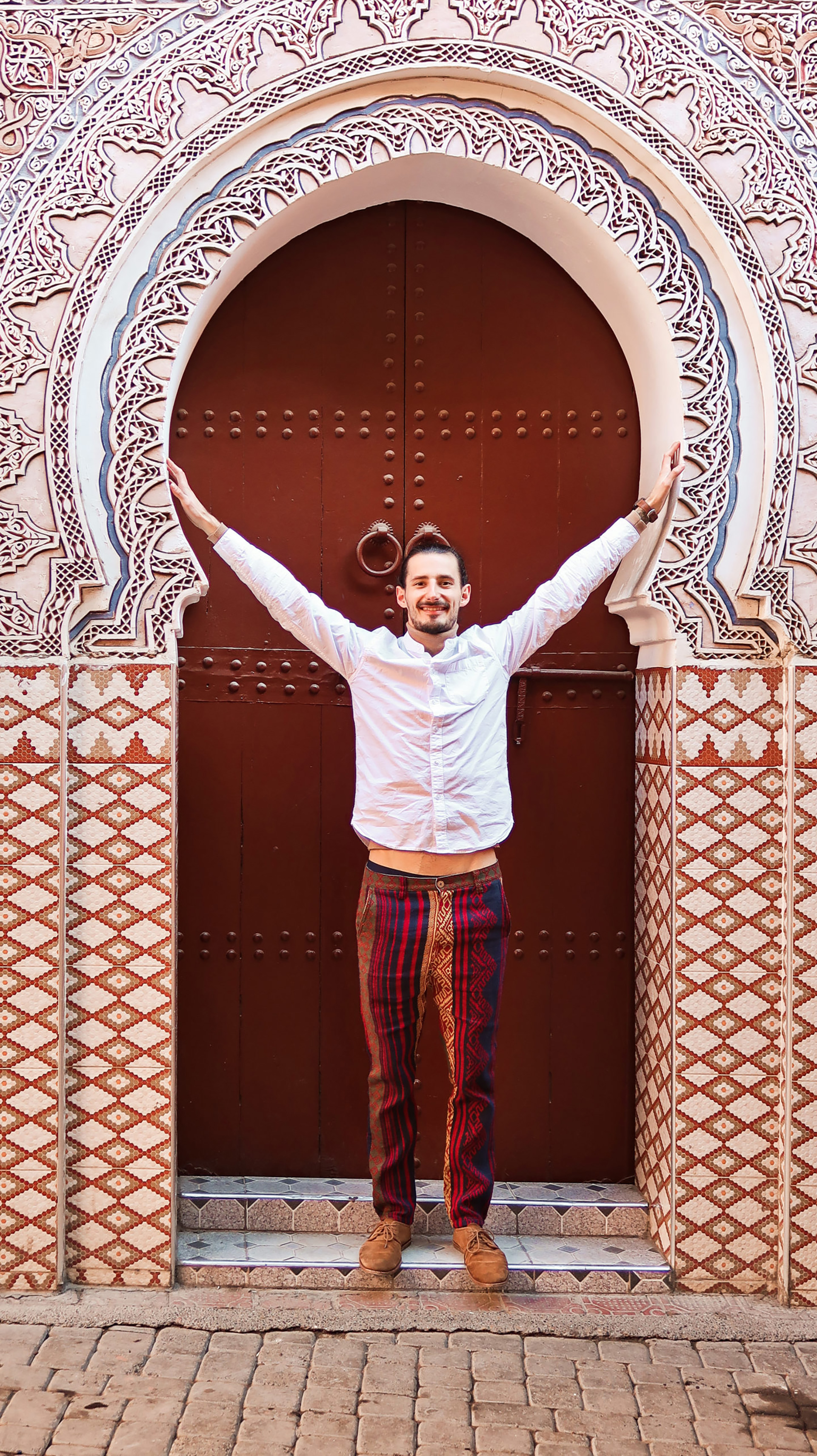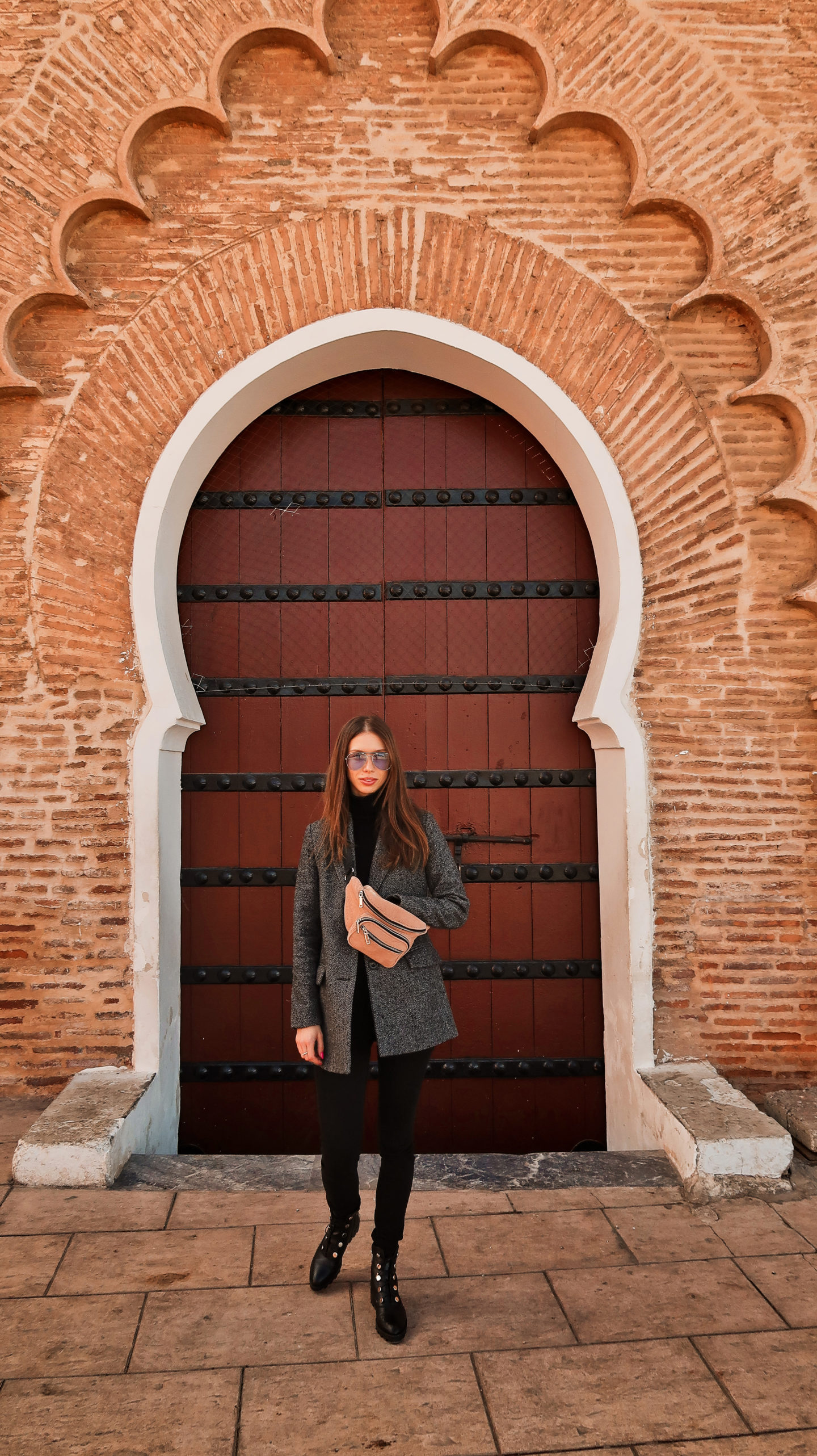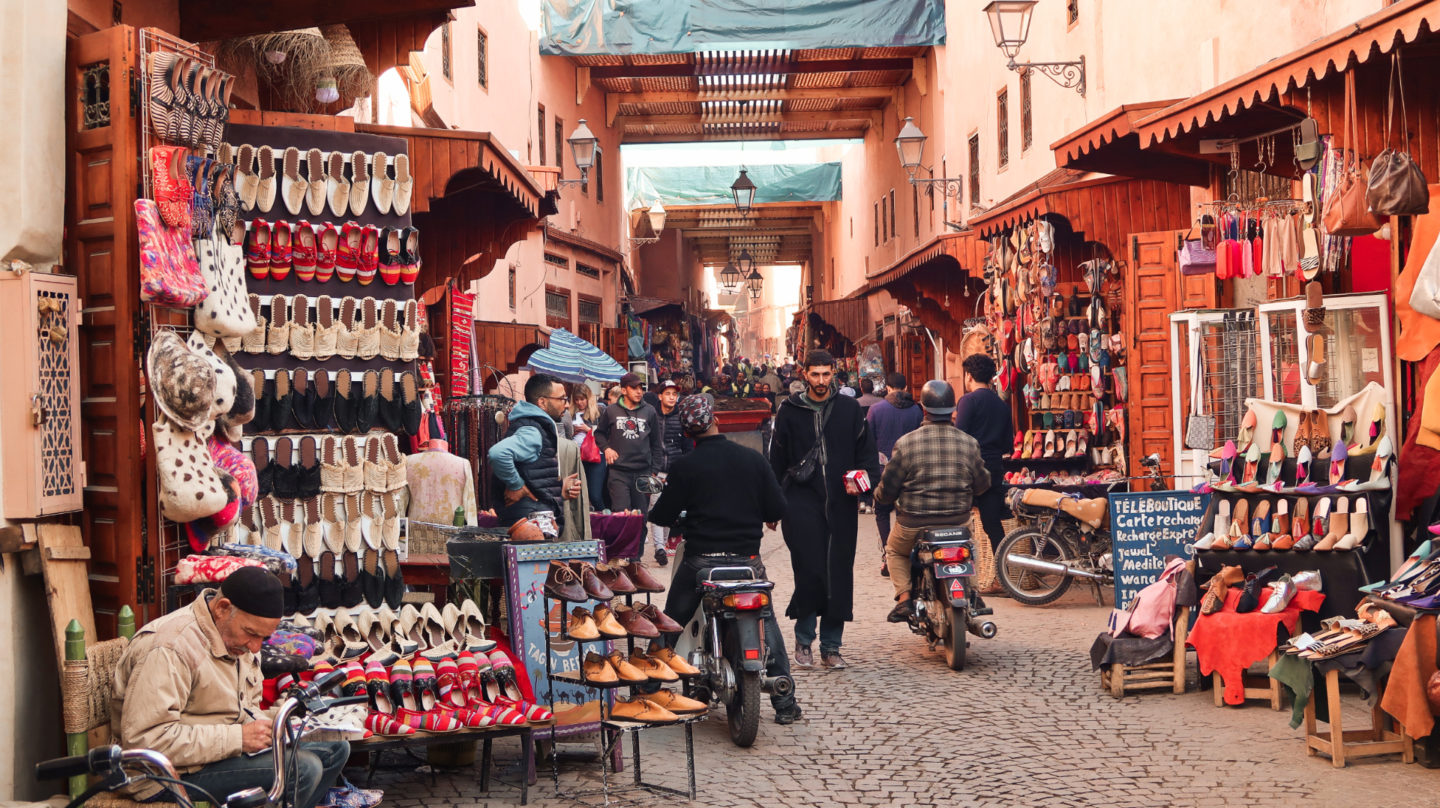Is Morocco a safe country? Is there anything to be afraid of? What should you keep in mind when in Morocco? Is it safe in Marrakech?
Today we want to answer the questions that many tourists ask themselves before buying air tickets to Morocco. No questions should stand in the way of experiencing something completely new, right?
Agenda
Is it safe in Morocco?
Security issues bother many travellers because: 1. Morocco is a country outside the European Union, 2. Morocco is an African country, 3. Morocco is a Muslim country. If we do not know the customs in a given country, we are in danger. Therefore, our first and most important advice is: get to know the culture, religion and principles in your destination! We will do our best to make the blog post as informative as possible, but we also suggest that you visit government websites, where information is constantly updated and important messages are published.
Visa information
Polish citizens travelling to Morocco are exempt from visa requirements for up to 90 days. The document entitling to enter this country is, of course, a passport, which should be valid for a minimum of 3 months from the planned date of entry. This document is also necessary to leave Morocco, so if an unpleasant episode occurs, you should report it immediately to the nearest police station.
Insurance
Due to the fact that Morocco is not located in the European Union, there is no EHIC card acceptable. You should buy travel insurance, and we would advise you to purchase additional luggage insurance. This way, you will feel safer and calmer for your health and your belongings on the trip.
Culture shock
If this is your first trip to such a culturally different place, the first moments can be shocking. You may feel insecure and overwhelmed. It will be helpful to observe others and comply with several rules.
Currency in Morocco
To avoid immediate stress upon arrival, it is worth knowing that the Moroccan Dirham is not an exchangeable currency outside of Morocco. What’s more, this currency cannot be imported or exported in the amount exceeding MAD 2,000, or about EUR 200. So it’s better to have some Euro with you which you can exchange immediately after landing at the airport exchange offices. The exchange rate is amazingly good, but it is even better in the banks in the city so we would advise you to exchange at the airport only as much as you need to get to the city and for the first meal.
SIM card
Another good practice, especially in a country on a different continent, is to purchase a local SIM card. It will allow you to make local calls at a good price (you never know if you get troubles in finding your guide or if your transport won’t arrive at the right time) and use the internet without paying a fortune. We found the SIM card store immediately after passing the airport control gates and for 50 MAD (about EUR 5) we bought a card with 1 Gb data package.
Safety rules in Morocco
Apply rules below and feel safe!
Rule 1: book a taxi before arriving.
Imagine the following scenery: you finally land at the airport in Manera, it’s loud, crowds of people, everyone talks to you, and you want to find a taxi. What’s more, you do not want to overpay and get to your hotel quickly. Our advice – let down taxis that park at the terminal. Safer (and cheaper!) will be if you order it through the portal. For transport from the airport to your hotel you will pay EUR 9.95 / 2 people. You can also order a hotel taxi in advance for a pre-determined amount. The hotel will also send a porter for you.
Rule 2: watch out for the “porters”
If you do not decide to take a hotel taxi (and also a hotel porter), be careful getting out of the car as someone may take care of your suitcases. ‘Helpful’ people quickly come to the car, wanting to transport your luggage to the hotel. As it turns out later, for a horrendous price. Such a situation is very unpleasant. We advise you to get out quickly in this case, grab your luggage and strongly refuse to people who want to do it.
Rule 3: avoid the little-frequented streets, especially at night
Come Marrakech is a safe city, geared to tourists and intensively monitored by the police, dark and isolated streets are dangerous. It may happen that a group of armed criminals will attack you. It is dangerous to go out into the city at night, and certainly, you should not move alone after dark. It is safer to walk around the city in small groups.
Rule 4: watch out for the “guides”
If you decide to explore the city on your own, be aware that you risk being cheated on the ‘guide’. A person who might seem very helpful will want to show you the right direction or tell something about the place. If you welcome the suggestion, you will most likely be offered a guided tour of the city, if you refuse, he may follow you all the time. In the end, he will lead you into a narrow and dark alley with no way out and call for extreme pay.
We strongly suggest you hired a guide in a hotel, or, for example, through the portal Get Your Guide or Airbnb (which we used), where you know what you pay for and the amount is fixed in advance.
Rule 5: beware of pickpockets
You should be especially careful in crowded places because there is no shortage of pickpockets. It will be best if you copy your documents, keep the originals in a safe place, and take copies with you for the tour. Do not carry large amounts of money or expensive equipment with you. If you are planning to do more shopping, divide the money into several sums and keep them in different places. It may happen that someone will be particularly interested in your backpack or purse and will pick it up at the least expected moment. I bought a fanny pack mainly for this trip, which I wore close to the body and it worked out perfectly.
Rule 6: the tourist pays more
It’s good to know that the guide gets a commission on every commodity purchased by the tourist and from the restaurant bill (from premises that are on the route). If you do not intend to buy expensive souvenirs, communicate it clearly at the very beginning of the trip, otherwise, the guide may lead you from the store to the store. Remember also that the prices offered to foreign tourists are higher than those offered to the Moroccans. In most places (with the exception of pharmacies and large supermarkets), the prices of goods are not even listed. The seller will tell you the price 100% higher than the actual price and if you do not know that in Morocco almost everywhere and always you should bargain, you will pay a lot of money. Do not be afraid to do this, it is normal in Moroccan culture. Sometimes it is better to say the price ridiculously low because it will be a good starting point for negotiations.
Rule 7: the tourist is rich
Tourists are perceived in Morocco as wealthy people. You can expect that the Moroccans will try to extort money from you in all ways: as a beggar, an old man, a sick person or, what is often, a child. Another common practice is demanding tips for all services. We took a guided trip to the Atlas Mountains, for which we paid a considerable amount. We were not satisfied with the service, but to avoid a tip we had to categorically refuse the guide, which seemed quite out of place.
Rule 8: pedestrians have no priority
In big cities in Morocco, street traffic is very intense and it is rather dangerous for us Europeans. The basic rule of moving around the roadway should be – have eyes around your head. On the road, you can see literally everything, from cars, motorcycles, bicycles, horse carriages to donkeys and huge wheelbarrows, and no one here will give way to pedestrians. It does not matter if you are on the lanes or not, you are crossing the road on your own responsibility. And do not be fooled, the fact that a car will stop to let you pass by does not mean that
Rule 9: Souks are chaos
Souks, or Moroccan marketplaces, are the quintessence of this country. They are beautiful and dangerous at the same time. You can do really good shopping there, just remember a few things. As mentioned above, beware of pickpockets. In the Souks, they can be extremely active. Also, watch out for “guides”. Above all, however, be careful when moving. It might seem that these narrow streets will only be accessible to pedestrians. Nothing more incorrect. Moroccans drive there motorcycles, you will encounter people riding bikes and various wheelbarrows or mini excavators. There is a crowd of people in the Souks. Always. You should be very careful.
Rule 10: our bacterial flora is different
There is no obligation to vaccinate before arriving in Morocco. However, it is suggested to vaccinate against tetanus, typhoid fever, diphtheria, polio and hepatitis. Due to a different bacterial flora, there may be some abdominal discomfort that does not necessarily result from poor quality of food. To get used to the local food, we advise to start eating in better restaurants and then gradually introduce street food into your diet. We did not experience any ‘toilet’ situation but took with us some digestive medicines in case, which we would advise you as well.
If you would like to learn more about the most interesting places in Marrakech, subscribe to our newsletter. We will publish more posts soon!
Experience with us!
Brought to you by Julia & Przemyslaw

